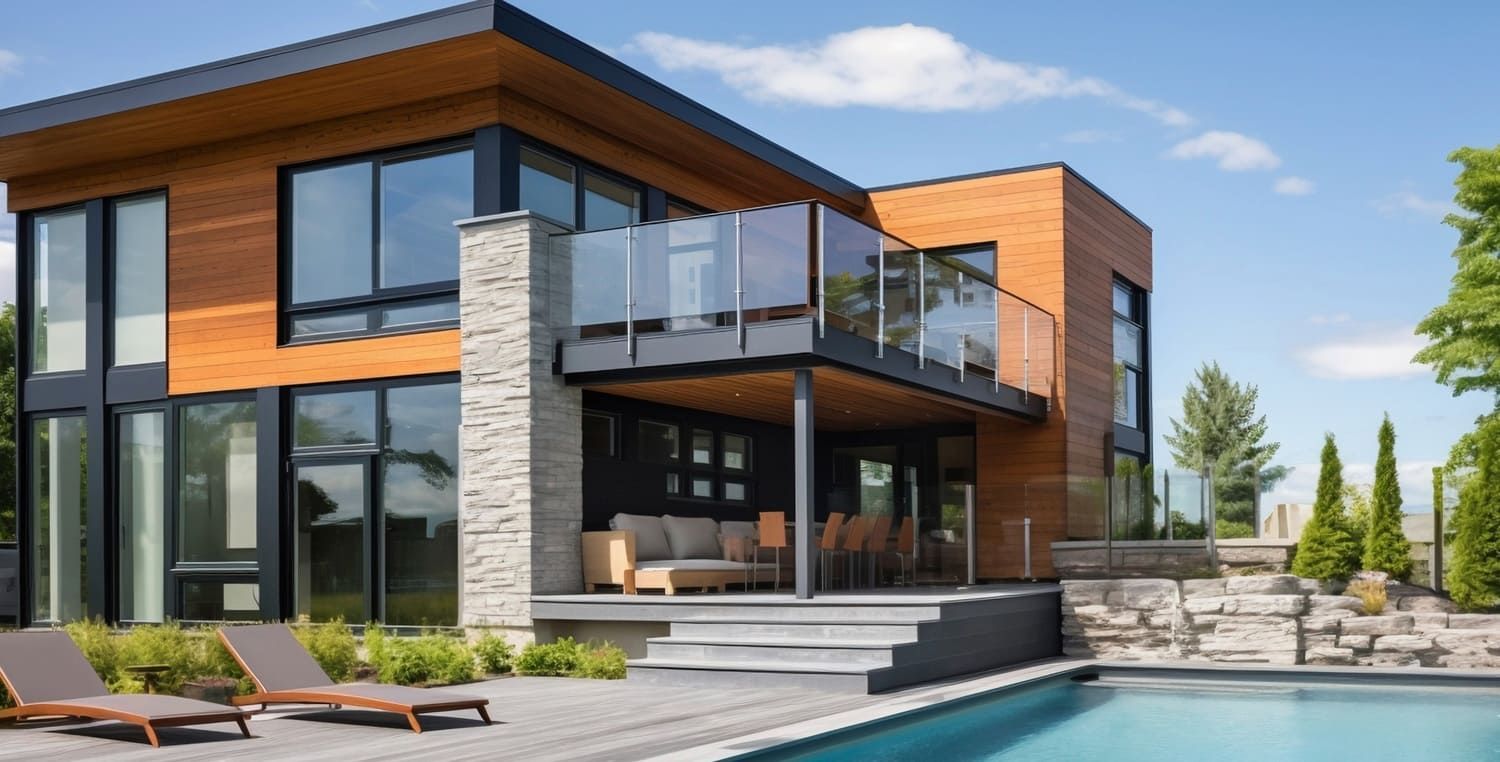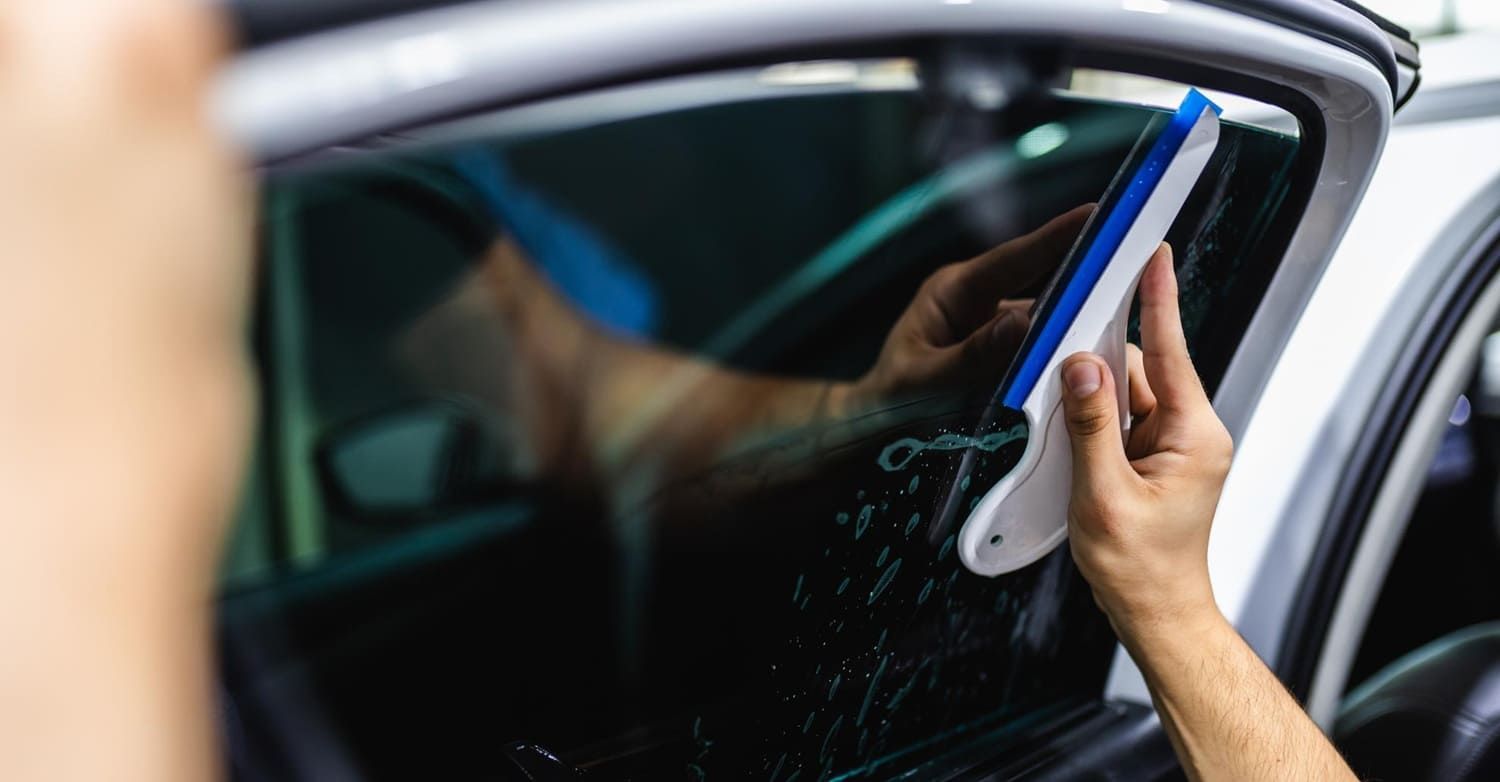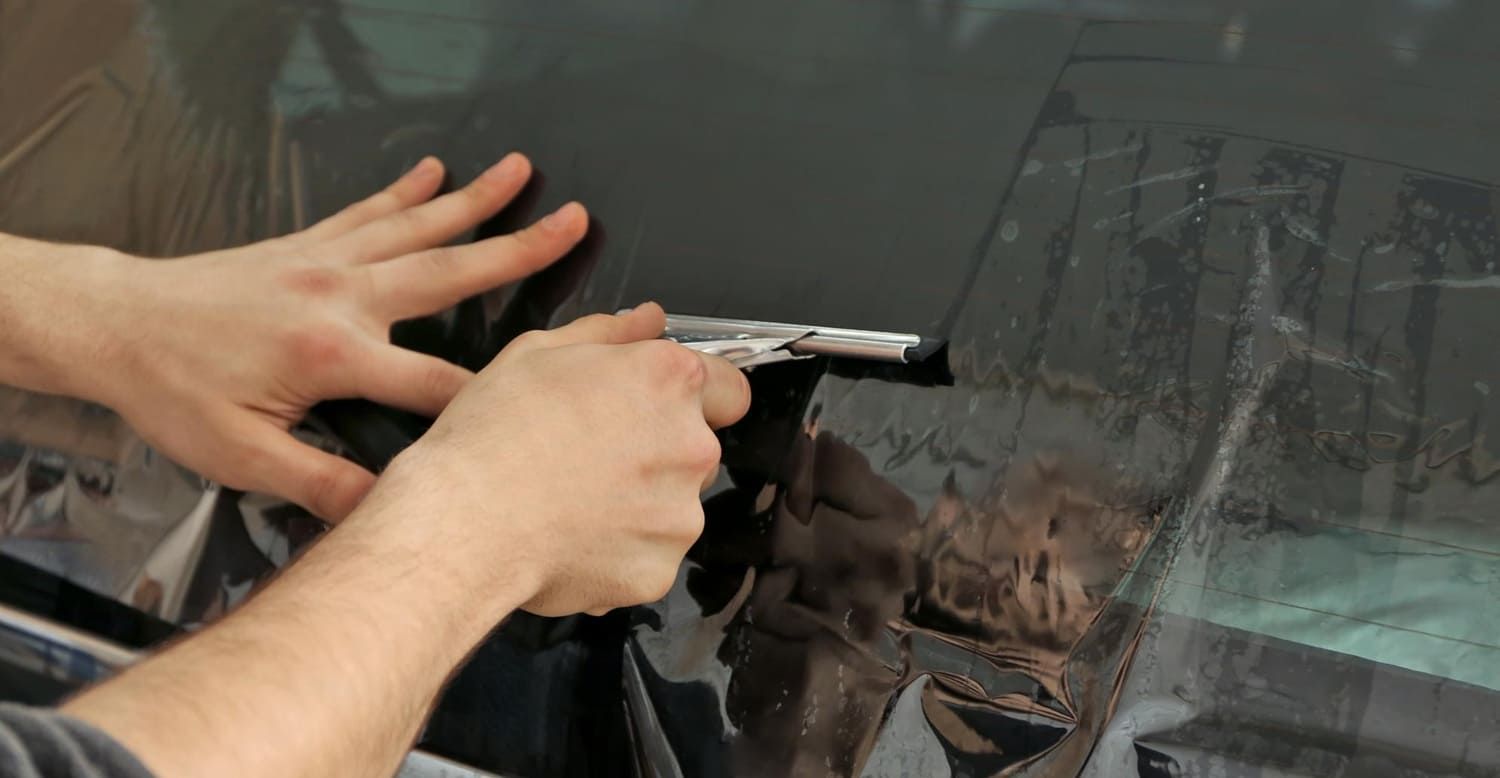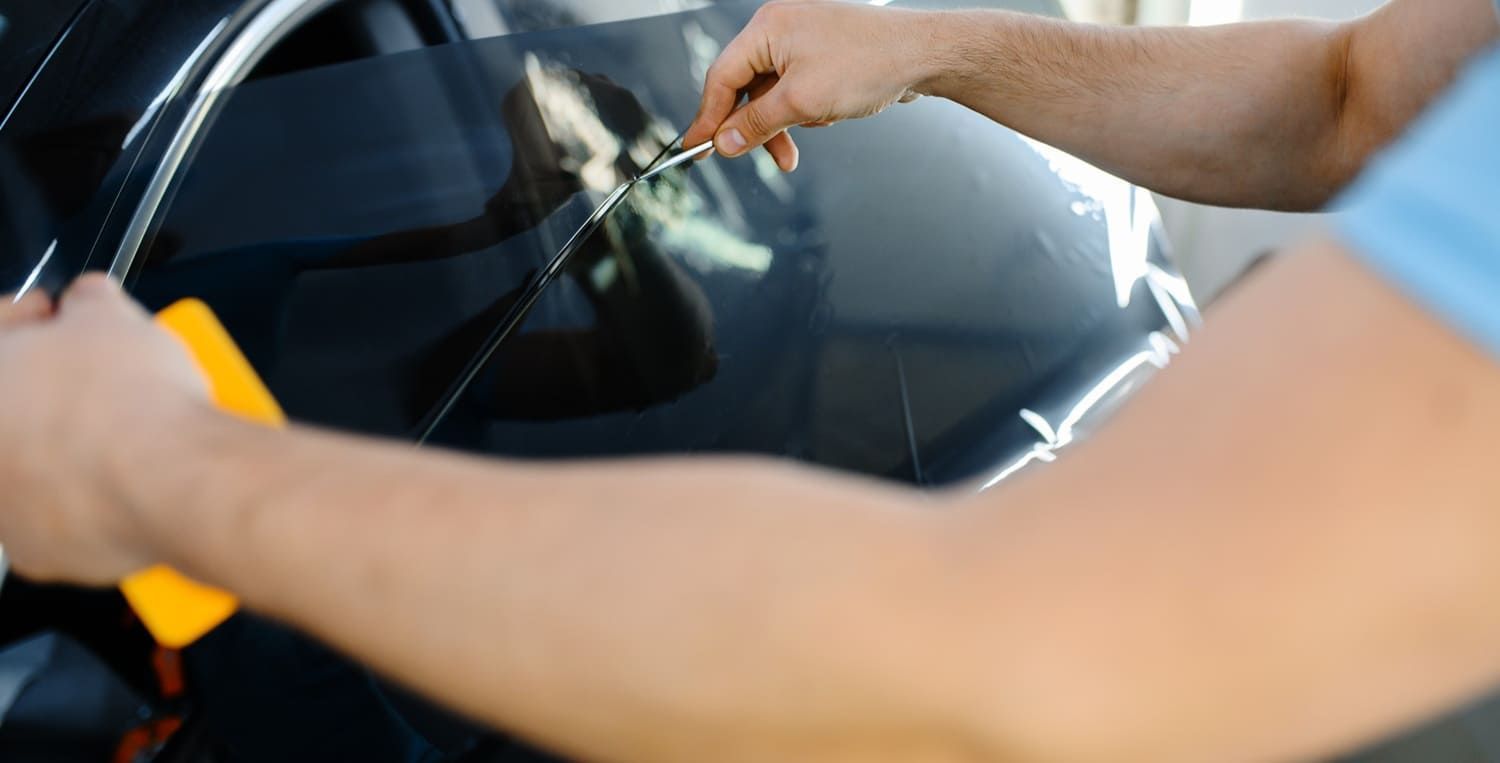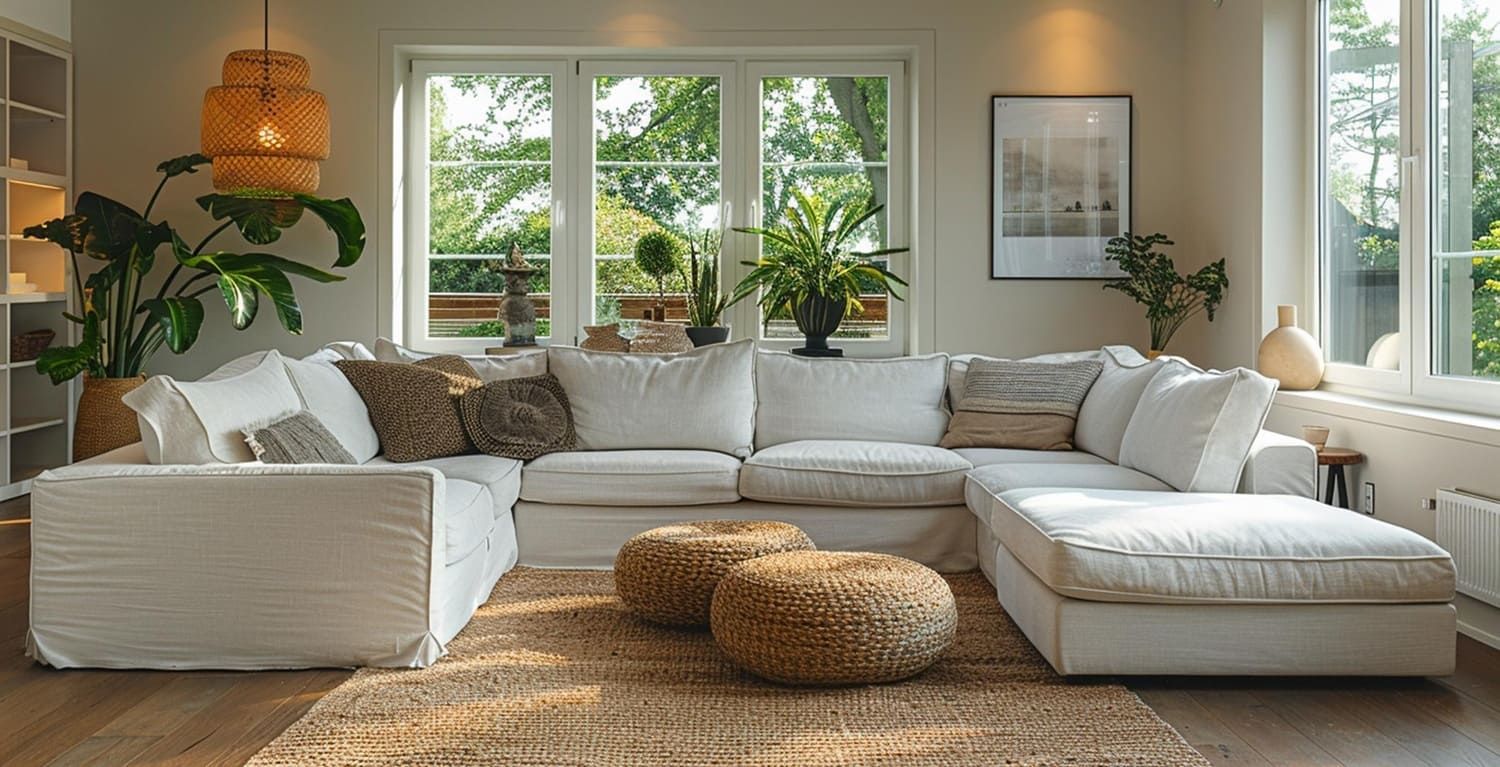Solar Film vs. Curtains: What’s More Effective?
Choosing the right window treatment can be a challenge. Solar film and curtains are two popular options. Each offers unique benefits for your home.
Solar film is a modern solution. It reduces heat gain and enhances privacy. It also protects against harmful UV rays.
Curtains, on the other hand, offer a traditional aesthetic. They can be easily changed to match your decor. They also provide excellent light control.
Both options can improve energy efficiency. But which is more effective for your needs?
This article will compare solar film and curtains. We’ll explore their benefits, costs, and design flexibility.
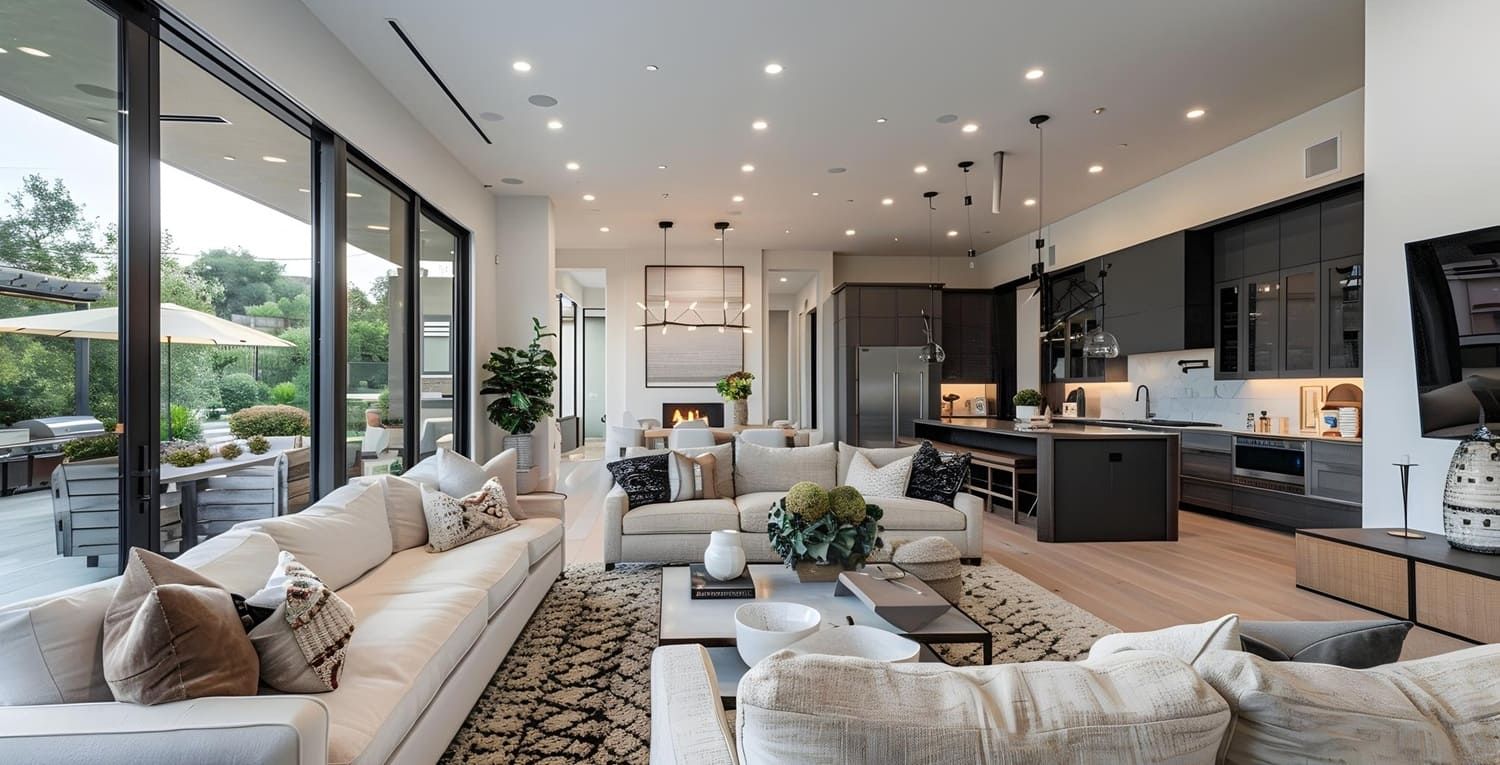
Understanding Solar Film and Curtains
Solar film is a thin layer applied to glass. It helps reduce heat and glare from sunlight. This makes it a popular choice for home window tinting.
Curtains, by contrast, are fabric panels. They hang over windows, adding texture and warmth. They come in various designs, colors, and patterns.
Solar film offers distinct advantages. It provides UV protection and reduces fading of furniture. It's also a great privacy window film option.
Curtains provide excellent insulation. They can be lined for added warmth. Their ability to block light completely makes them ideal for bedrooms.
When choosing between the two, consider your priorities. Ask yourself:
- Do you prefer a modern or traditional look?
- Is energy efficiency or aesthetics more important?
- How much light and privacy control do you need?
Understanding these differences helps make an informed choice for your home.
How Solar Film Works: Technology and Types
Solar film is crafted from polyester or similar materials. It adheres directly to window glass. This film controls the entry of heat and light.
The technology is quite fascinating. It's designed to reflect and absorb solar energy. This reduces glare and heat significantly.
There are various types of solar films. Each type offers unique benefits. Here's a brief overview:
- Reflective Window Film: Gives windows a mirrored surface, improving privacy.
- Privacy Window Film: Maintains inside visibility while blocking outside view.
- Neutral Window Film: Less reflective and more natural looking.
Home window tinting options abound. Each provides distinct levels of privacy and energy efficiency.
Solar film significantly impacts interior comfort. It regulates temperature, reducing the need for air conditioning. This can result in lower energy bills.
Beyond comfort, solar film protects interiors. It reduces UV damage to furnishings and floors, keeping them vibrant longer.
Popular Solar Film Brands: Spotlight on LLumar Vista Films
LLumar Vista Films is a renowned brand in the solar film market. Known for high-quality products, it sets industry standards.
Their films offer exceptional UV protection and heat rejection. LLumar Vista Films balance functionality with aesthetics. They cater to diverse design needs.
Consider their standout features when exploring brands:
- High UV Protection: Guards against harmful rays and reduces interior fading.
- Variety of Finishes: Provides different shades and styles to suit preferences.
- Durability: Offers long-lasting performance, minimizing replacements.
LLumar Vista Films ensures peace of mind with quality assurance. Their products enhance comfort and protect assets, embodying both beauty and efficiency.
Energy Efficiency: Solar Film vs. Curtains
Energy efficiency is a crucial factor in home design. Solar film excels in this area. It significantly reduces heat gain.
In contrast, curtains block light rather than reflect it. They can limit heat but are not as effective as solar films. Curtains work better when paired with solar film.
Solar film minimizes the need for air conditioning. This results in energy savings and lower utility bills.
Curtains can help insulate during cold months. Thicker curtains provide more insulation. However, they are not as effective in summer.
Here's how each option contributes to energy efficiency:
- Solar Film: Reduces heat gain and energy costs.
- Curtains: Provides insulation but variable heat control.
- Combination: Maximizes energy savings by using both.
For long-term benefits, solar film is a top choice. It offers consistent results year-round. The initial investment pays off in savings.
Curtains add a layer of functionality. They complement solar films, enhancing insulation and energy efficiency. Both options together deliver robust results.
Privacy and Light Control: Which Option Wins?
Privacy and light control are essential in any home. Solar film offers a unique solution. It allows light in while maintaining privacy.
Reflective window film enhances privacy during the day. It's an excellent choice for maintaining visibility without exposure. Privacy window film adds a stylish touch.
Curtains provide complete light blockage when closed. They are better suited for bedrooms and areas where darkness is needed.
Both solutions have distinct advantages. Consider these points:
- Solar Film: Permits light while protecting privacy.
- Reflective Window Film: Ideal for day privacy.
- Curtains: Best for full darkness and nighttime privacy.
Choosing between these options depends on your needs. Solar film suits living rooms and offices. Curtains are great for bedrooms.
Combining both can optimize privacy and light control. You gain the flexibility of curtains and the subtlety of solar film. This approach allows for an adaptable living environment.
Aesthetics and Design Flexibility
Aesthetic appeal is crucial in home decor. Solar film offers sleek, modern options. It provides a minimalistic look that matches contemporary tastes.
Curtains bring more design versatility. With various fabrics, colors, and patterns available, they can instantly refresh a room's look. This flexibility in design makes curtains a frequent choice for style changes.
The choice between solar film and curtains often comes down to personal style. Here's what each offers in terms of aesthetics:
- Solar Film: Sleek, modern finish; consistent look.
- Curtains: Variety of colors and patterns; customizable textures.
Choosing the right option depends on your aesthetic goals. For a seamless, unobtrusive solution, solar film is ideal. In contrast, curtains offer a more personalized touch to your décor, allowing bold statements or subtle enhancements.
Maintenance, Durability, and Longevity
Solar film is known for its low maintenance. Once installed, it requires minimal upkeep. Cleaning is as simple as using a standard glass cleaner.
Durability is a significant advantage of solar films. They resist wear and tear and do not fade quickly. This makes them a long-lasting option for homeowners.
In comparison, curtains need more attention. They require regular washing or dry cleaning to maintain their appearance and hygiene.
Key considerations for maintenance and durability include:
- Solar Film: Long-lasting, low maintenance, resilient.
- Curtains: Regular cleaning, fabric wear over time.
In terms of longevity, solar films often outlast curtains, providing a cost-effective solution over the years. However, curtains can be swapped out more easily, allowing design changes as desired.
Cost Comparison: Upfront and Long-Term Value
Initially, installing solar film may seem more costly. The expense comes from the material and professional installation. However, this upfront investment often pays off over time.
Solar film contributes to lower energy bills. It reduces heat gain, minimizing the need for air conditioning. As a result, it can be more economical in the long run.
Curtains may have a lower initial cost but need regular replacement and cleaning. These ongoing costs can add up, especially if luxury fabrics are chosen.
Consider these cost factors:
- Solar Film: Higher upfront cost, long-term energy savings.
- Curtains: Less initial expense, recurring maintenance costs.
In the end, solar film often provides better value by enhancing energy efficiency and durability over the years. This makes it a wise choice for budget-conscious homeowners looking at the bigger picture.
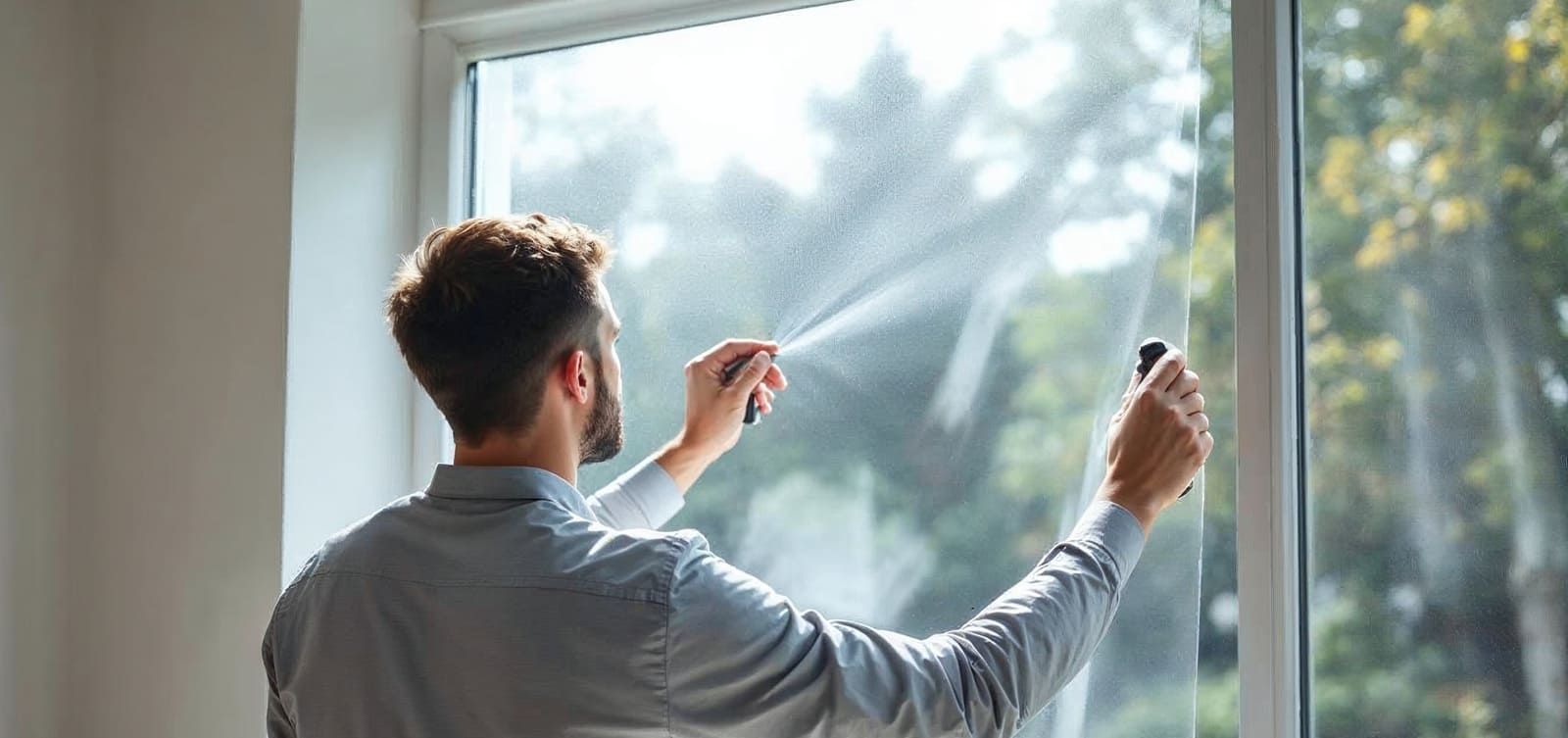
Health, Comfort, and Environmental Impact
Solar film provides essential protection against harmful UV rays. These rays can cause skin damage and fading of furniture. By blocking these rays, solar film ensures healthier living spaces.
Moreover, solar film significantly reduces glare. This makes it more comfortable to use screens and relax indoors. A consistent indoor climate also improves comfort, removing hot spots near windows.
Environmentally, solar film lowers the need for artificial cooling. This reduces energy consumption and lessens the environmental footprint of a home.
Key benefits include:
- UV Protection: Shields against harmful rays.
- Glare Reduction: Enhances indoor comfort.
- Energy Efficiency: Supports environmental sustainability.
Choosing solar film contributes positively to health, comfort, and the environment, making it a prudent option for modern homeowners.
Combining Solar Film and Curtains: Best of Both Worlds?
Combining solar film and curtains can maximize benefits. This pairing ensures superior energy efficiency and privacy while maintaining flexibility in decor.
Using both can create a layered look with practical advantages:
- Enhanced Insulation: Reduce heating and cooling costs.
- Varied Light Control: Adjust light exposure to your liking.
- Decorative Flexibility: Use curtains for style changes.
Together, solar film and curtains offer a comprehensive solution that balances aesthetics and functionality, appealing to diverse preferences and needs.
How to Choose: Factors to Consider for Your Home
Choosing between solar film and curtains depends on your specific needs and preferences. Consider your home's requirements, including climate and interior design style.
Evaluate these key factors before deciding:
- Budget: Compare the costs and potential savings of each option.
- Aesthetic: Decide if a modern or traditional look suits your space.
- Privacy Needs: Consider how much privacy you require in each room.
By weighing these elements, you can make an informed choice that aligns with both your style and functional needs, ensuring a comfortable and efficient home.
Finding Home Window Tinting Near Me: Installation Tips
Finding professional solar film installation services is crucial for optimum results. Start by searching for “home window tinting near me” online.
Consider these tips when selecting a provider:
- Experience: Opt for companies with a proven track record.
- Reviews: Check customer reviews and testimonials for honest feedback.
- Warranties: Ensure the service comes with a warranty for peace of mind.
A trusted installer can ensure your solar film is applied correctly, maximizing its benefits for years to come.
Conclusion: Which Is More Effective?
Deciding between solar film and curtains depends on your needs. Solar film offers superior energy efficiency and durability.
However, curtains provide design flexibility and aesthetic appeal. Consider your priorities, such as privacy, design, and budget, to determine the best solution for your home.
Solar-Tec Glass Tinting — Trusted LLumar Vista Dealer and best window film installers near you serving Eustis, Leesburg, Clermont, and Lake County, Florida Areas. Contact us today for a free estimate.
FAQs About Solar Film vs. Curtains Effectiveness
Is solar film more effective than curtains for heat reduction?
Yes, solar film blocks heat at the glass level, preventing it from entering, while curtains only provide shade after the heat is already inside.
Do curtains block UV rays as well as solar film?
No, most curtains do not block harmful UV rays, while quality solar films block up to 99% of UV radiation.
Which provides better energy savings: solar film or curtains?
Solar film is more effective for lowering energy bills because it reduces heat gain before it enters the space, easing HVAC use.
Does solar film allow more natural light than curtains?
Yes, solar film lets in natural daylight while reducing glare, unlike curtains, which darken rooms when closed.
Which option improves privacy more: curtains or solar film?
Curtains provide full privacy when closed, while solar film offers daytime privacy without blocking light.
Is solar film better for protecting furniture and flooring?
Yes, solar film prevents fading and sun damage by blocking UV rays, while curtains are less effective at long-term protection.
Which is more stylish: curtains or solar film?
Curtains add decorative value, but solar film provides a clean, modern look without bulky fabrics.
Does solar film take up less space than curtains?
Yes, film is applied directly to glass, while curtains require rods, fabric, and installation space.
Which option is easier to maintain: solar film or curtains?
Solar film only requires occasional window cleaning, while curtains need regular washing or dry cleaning.
Can solar film and curtains be used together?
Yes, combining them adds layered benefits—film for heat and UV protection, curtains for design and privacy.
Which is more cost-effective over time?
Solar film often pays for itself through energy savings and reduced replacement of faded furnishings.
Does solar film improve resale value more than curtains?
Yes, energy-efficient window upgrades like solar film are seen as permanent home improvements, unlike curtains.
Are curtains better for nighttime privacy than solar film?
Yes, curtains provide complete privacy at night, while solar film is most effective during the day.
Which is faster to install: solar film or curtains?
Curtains are quick to hang, but once solar film is professionally installed, it lasts for years without replacement.
Does solar film reduce glare better than curtains?
Yes, solar film reduces glare while maintaining visibility, whereas curtains block light entirely.
Which option is more durable long-term?
Solar film can last 10–20 years, while curtains often wear, fade, or go out of style within a few years.
Does solar film affect the exterior appearance of a building?
Yes, it can give windows a sleek, uniform look, while curtains are only visible indoors.
Which option is better for commercial spaces?
Solar film is more effective for offices and retail because it provides heat, glare, and UV control without blocking light.
Is solar film worth the investment compared to curtains?
Yes, for energy efficiency, UV protection, and modern appearance, solar film offers long-term advantages that curtains can’t match.

